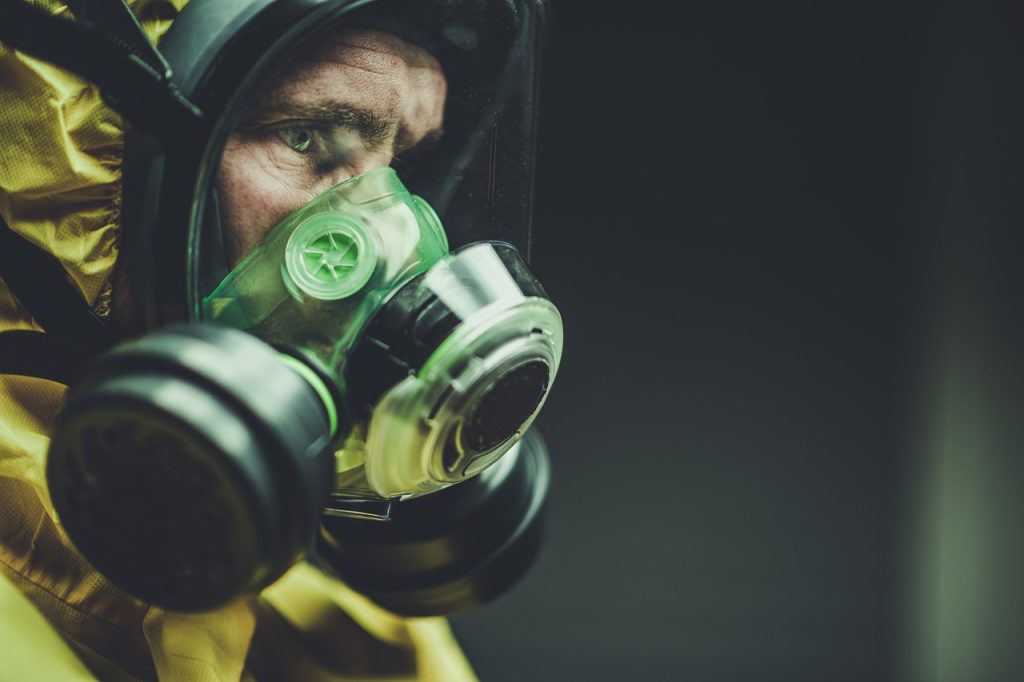The recent recall of tuna products across seven U.S. states due to potential listeria contamination marks a significant moment in food safety protocols. As consumers become more health-conscious, the demand for transparency and safety in food production has never been higher. Retailers and manufacturers are under increasing pressure to ensure the safety of their products, highlighting a shift towards more rigorous testing and quality control measures in the industry.
This recall not only underscores the vulnerabilities in the food supply chain but also reflects a growing trend towards heightened consumer awareness. With food safety concerns at the forefront, companies are likely to invest in advanced detection technologies and stricter regulatory compliance to prevent such incidents from occurring according to Google Trends. The challenge lies in balancing efficiency and cost with the imperative of maintaining public trust and safety.
As the food industry adapts to these new expectations, the question remains: how will companies innovate to protect both consumer health and their brand reputation? The answer could reshape the landscape of food safety, sparking innovations that redefine how we approach contamination risks. In this evolving scenario, businesses that can anticipate and address these challenges will likely lead the way into a safer, more secure future.


